Topic caffeine headache: Discover the secrets behind caffeine headaches, including causes, symptoms, and effective remedies to alleviate pain and improve your daily life.
Table of Content
- Can caffeine cause or worsen headaches?
- Understanding Caffeine Headaches
- Signs and Symptoms of Caffeine Headaches
- Causes of Caffeine Headaches
- Preventing Caffeine Headaches
- Managing Caffeine Intake
- Treatment Options for Caffeine Headaches
- YOUTUBE: Skipping Coffee & Headaches: The Connection Explained
- Lifestyle Changes to Prevent Caffeine Headaches
- When to See a Doctor
Can caffeine cause or worsen headaches?
Yes, caffeine can cause or worsen headaches in some individuals.
1. Migraine Sensitivity: Some people with migraines may experience headaches after consuming coffee or other sources of caffeine.
2. Caffeine Withdrawal: Cutting back on regular caffeine intake too quickly can lead to caffeine withdrawal headaches. This occurs when the body becomes dependent on caffeine and experiences symptoms when its levels decrease.
3. Effect on Blood Vessels: During a headache, blood vessels in the head can undergo changes such as swelling or tightening. Caffeine consumption can cause an increase in blood pressure, which can exacerbate these changes and result in a headache.
READ MORE:
Understanding Caffeine Headaches
Caffeine headaches are a common phenomenon that can occur due to various factors related to caffeine consumption and withdrawal. This type of headache is often characterized by a throbbing pain that can affect one or both sides of the head. Understanding the nuances of caffeine headaches is crucial for managing and preventing them effectively.
- What are Caffeine Headaches: They result from either sudden withdrawal from caffeine after regular consumption or overconsumption of caffeine. The body becomes accustomed to a certain level of caffeine, and any significant change can lead to headaches.
- How Caffeine Affects the Body: Caffeine acts as a stimulant on the central nervous system. It can lead to the constriction of blood vessels surrounding the brain. When caffeine intake is reduced, these blood vessels can expand, leading to increased blood flow and pressure that causes headaches.
- Withdrawal Symptoms: Aside from headaches, caffeine withdrawal can also cause irritability, tiredness, difficulty concentrating, and even depressive symptoms in some individuals.
- Prevalence: Caffeine headaches are widespread, affecting individuals who consume caffeine regularly and then suddenly decrease their intake. They can start within 12 to 24 hours after the last caffeine consumption and peak within the first two days.
- Managing Caffeine Intake: Gradually reducing caffeine intake instead of quitting abruptly can help manage and prevent caffeine headaches. This gradual approach helps the body adjust to lower levels of caffeine without triggering severe withdrawal symptoms.
Recognizing the symptoms and understanding the causes of caffeine headaches are the first steps towards managing this condition. By carefully monitoring caffeine consumption and making necessary adjustments, it is possible to reduce the frequency and severity of these headaches.
:max_bytes(150000):strip_icc()/what-to-expect-from-caffeine-withdrawal-21844-v1-5c521bb246e0fb000180a7ec.png)
Signs and Symptoms of Caffeine Headaches
Caffeine headaches are characterized by a distinct set of symptoms, which can vary in intensity from person to person. Recognizing these signs is the first step towards managing and preventing caffeine-induced discomfort.
- Persistent throbbing pain in the head, often starting behind the eyes and moving towards the forehead.
- Sensitivity to light and sound, making everyday environments feel overwhelmingly bright or loud.
- Nausea and, in some cases, vomiting, especially if the headache is severe.
- Dizziness or a feeling of lightheadedness, complicating balance and daily activities.
- Irritability or mood changes, which may affect social interactions and personal relationships.
- Difficulty concentrating, leading to decreased productivity and focus.
Understanding these symptoms can help individuals identify caffeine headaches early and take appropriate measures to alleviate the pain and discomfort associated with them.
Causes of Caffeine Headaches
Caffeine headaches can result from several factors related to caffeine consumption and its effects on the body. Understanding these causes is essential for preventing and managing caffeine-related headaches effectively.
- Caffeine Withdrawal: One of the most common causes of caffeine headaches is the sudden reduction or cessation of caffeine intake, leading to withdrawal symptoms as the body adjusts to the lack of caffeine.
- Overconsumption: Consuming too much caffeine can also lead to headaches due to the stimulant effects of caffeine on the nervous system, which can cause blood vessels to narrow and result in a headache.
- Sensitivity to Caffeine: Some individuals have a higher sensitivity to caffeine. Even small amounts can trigger headaches in these individuals due to their body"s heightened response to caffeine.
- Dehydration: Caffeinated beverages, especially those high in caffeine, can lead to dehydration, another common cause of headaches. This is because caffeine has diuretic properties, which increase urine production and can lead to dehydration if fluids are not replenished.
By recognizing the specific causes of caffeine headaches, individuals can take steps to adjust their caffeine consumption and mitigate the risk of developing these uncomfortable symptoms.

Preventing Caffeine Headaches
Preventing caffeine headaches involves understanding your caffeine consumption and its effects on your body. Implementing a few strategic habits can help you avoid the discomfort associated with these headaches.
- Moderate Your Caffeine Intake: Gradually reduce your caffeine consumption to lower the risk of withdrawal symptoms. Aim for a balanced amount that does not exceed 200-300 mg per day.
- Stay Hydrated: Dehydration can worsen caffeine withdrawal symptoms. Ensure you drink plenty of water throughout the day.
- Maintain a Consistent Caffeine Schedule: Try to consume caffeine at the same times each day to avoid sudden withdrawal.
- Switch to Low-Caffeine Alternatives: Gradually replace high-caffeine beverages with lower-caffeine or caffeine-free options.
- Monitor Your Diet: Be aware of hidden sources of caffeine like chocolate, some over-the-counter medications, and certain flavored waters.
- Get Adequate Sleep: Lack of sleep can intensify the effects of caffeine withdrawal. Prioritize getting a good night"s sleep.
By following these steps, you can significantly reduce the risk of experiencing caffeine headaches and maintain a healthier balance with your caffeine consumption.
Managing Caffeine Intake
Effective management of caffeine intake can help prevent headaches and improve overall health. Here are strategies to control your caffeine consumption:
- Understand Your Limits: Recognize how much caffeine you can consume without adverse effects. This varies from person to person.
- Track Your Caffeine Consumption: Keep a diary of your caffeine intake to identify patterns and potential triggers for headaches.
- Gradually Reduce Intake: If you"re looking to cut back on caffeine, do so gradually over several weeks to minimize withdrawal symptoms.
- Choose Caffeine-Free Alternatives: Explore beverages like herbal teas, decaf coffee, and water to stay hydrated without the caffeine.
- Read Labels Carefully: Caffeine is present in many products, including soft drinks, energy drinks, and over-the-counter medications. Always check labels to avoid unintentional consumption.
- Balance Your Diet: A well-balanced diet can support your body"s energy levels, reducing the need for caffeine boosts.
- Listen to Your Body: Pay attention to signs of caffeine sensitivity, such as jitteriness, anxiety, or difficulty sleeping, and adjust your intake accordingly.
By managing your caffeine intake thoughtfully, you can enjoy the benefits of caffeine while minimizing the risk of headaches and other side effects.

Treatment Options for Caffeine Headaches
Treating caffeine headaches effectively requires a combination of immediate relief strategies and long-term adjustments to caffeine consumption. Here are several approaches to manage and treat caffeine headaches:
- Gradual Reduction of Caffeine: Avoid quitting caffeine abruptly. Gradually decrease your intake to reduce withdrawal symptoms.
- Hydration: Drink plenty of water to help alleviate headache symptoms and combat dehydration.
- Over-the-Counter Pain Relievers: Non-prescription pain relievers like ibuprofen, aspirin, or acetaminophen can provide quick relief for caffeine headaches.
- Rest and Relaxation: Sometimes, resting in a quiet, dark room can help alleviate the pain from a caffeine headache.
- Caffeine Detox: Consider a detox plan to reset your body"s dependence on caffeine, under the guidance of a healthcare professional.
- Natural Remedies: Herbal teas, such as peppermint or ginger tea, can offer soothing relief without adding caffeine.
- Consistent Sleep Schedule: Ensuring you get enough sleep each night can help reduce the frequency and severity of caffeine headaches.
Identifying your specific triggers and how caffeine affects your body is crucial in choosing the right treatment strategy. Consult with a healthcare provider if your headaches persist or worsen.
Skipping Coffee & Headaches: The Connection Explained
Connection: Discover the power of human connection as we delve into the captivating stories of individuals who have formed deep and meaningful relationships. Watch this video to witness the magic that happens when two souls connect on a profound level.
Tackling Caffeine Withdrawal: Conquering the Headache
Conquering: Embark on a journey of triumph and victory as we explore the incredible stories of individuals who have conquered life\'s biggest challenges. This inspiring video will leave you feeling motivated and empowered to overcome any obstacle that comes your way.
Lifestyle Changes to Prevent Caffeine Headaches
Adopting certain lifestyle changes can significantly reduce the risk of experiencing caffeine headaches. These changes not only help in managing caffeine intake but also contribute to overall health and well-being.
- Regulate Caffeine Consumption: Keep track of your caffeine intake and avoid sudden increases or decreases. Gradual adjustments help prevent withdrawal symptoms.
- Maintain a Balanced Diet: Ensure your diet includes a variety of nutrients. A well-balanced diet supports stable energy levels, reducing the need for caffeine.
- Hydration is Key: Drink plenty of water throughout the day. Staying hydrated helps mitigate the dehydrating effects of caffeine and can prevent headaches.
- Consistent Sleep Schedule: Aim for 7-9 hours of quality sleep each night. A regular sleep pattern can lessen your reliance on caffeine to combat fatigue.
- Exercise Regularly: Regular physical activity can improve circulation and reduce stress, lowering the likelihood of caffeine-induced headaches.
- Stress Management: Techniques such as meditation, yoga, or deep-breathing exercises can reduce stress levels, diminishing the urge to consume caffeine for stress relief.
- Explore Alternatives: Consider substituting caffeinated drinks with caffeine-free alternatives like herbal teas, which can offer a comforting routine without the risk of headaches.
By integrating these lifestyle changes, you can enjoy the benefits of caffeine without the unpleasant side effect of headaches, ensuring a healthier, more balanced approach to your daily routine.
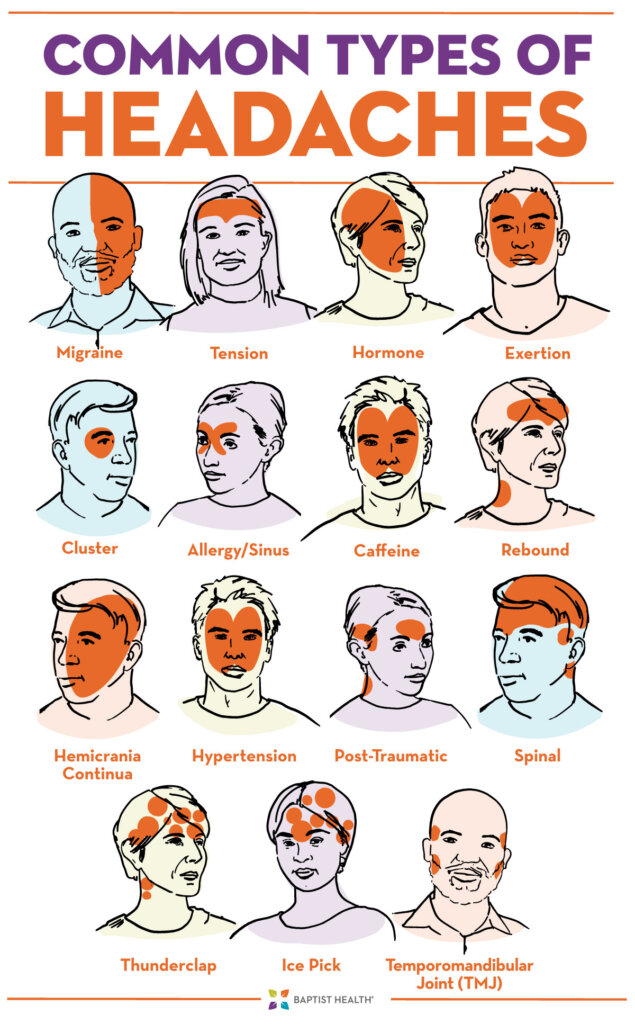
READ MORE:
When to See a Doctor
If your caffeine headaches persist or worsen, it may be time to consult a healthcare professional. Recognizing the signs that indicate a need for medical advice is crucial for your health.
- Severe or Recurrent Headaches: If headaches become severe, occur more frequently, or persist despite reducing caffeine intake, seek medical advice.
- Accompanying Symptoms: Symptoms such as vision changes, difficulty speaking, dizziness, or severe nausea alongside your headaches warrant immediate medical attention.
- Impact on Daily Life: When headaches start to affect your daily activities, job performance, or quality of life, it"s important to consult a doctor.
- Ineffective Over-the-Counter Medications: If over-the-counter pain relievers do not alleviate your headaches, a healthcare provider can suggest alternative treatments.
- Concerns About Caffeine Dependency: If you"re concerned about caffeine addiction or withdrawal symptoms, a healthcare professional can offer guidance and support.
- Other Health Conditions: Individuals with pre-existing health conditions may require special considerations regarding caffeine consumption and headache management.
Seeking medical advice ensures that any underlying issues are addressed and that you receive personalized recommendations for managing or eliminating caffeine headaches.
Conquering caffeine headaches is within reach. By understanding triggers, managing intake, and making smart lifestyle adjustments, you can mitigate discomfort and enjoy caffeine in moderation, leading to a healthier, more vibrant life.
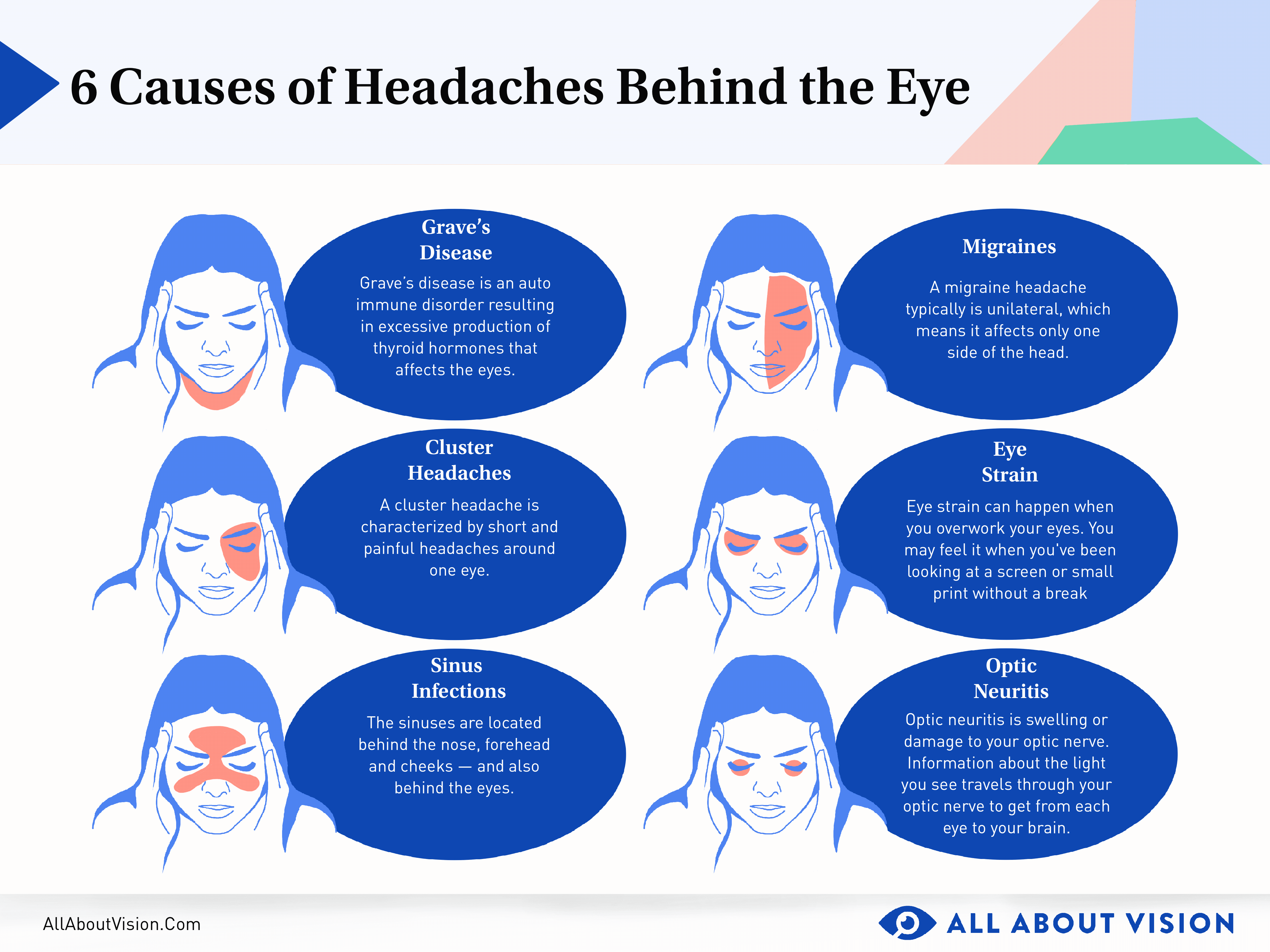

:max_bytes(150000):strip_icc()/headaches-as-a-symptom-of-multiple-sclerosis-2440798-01-ac13321fbd2d4dca99f899a63b8ea265.png)


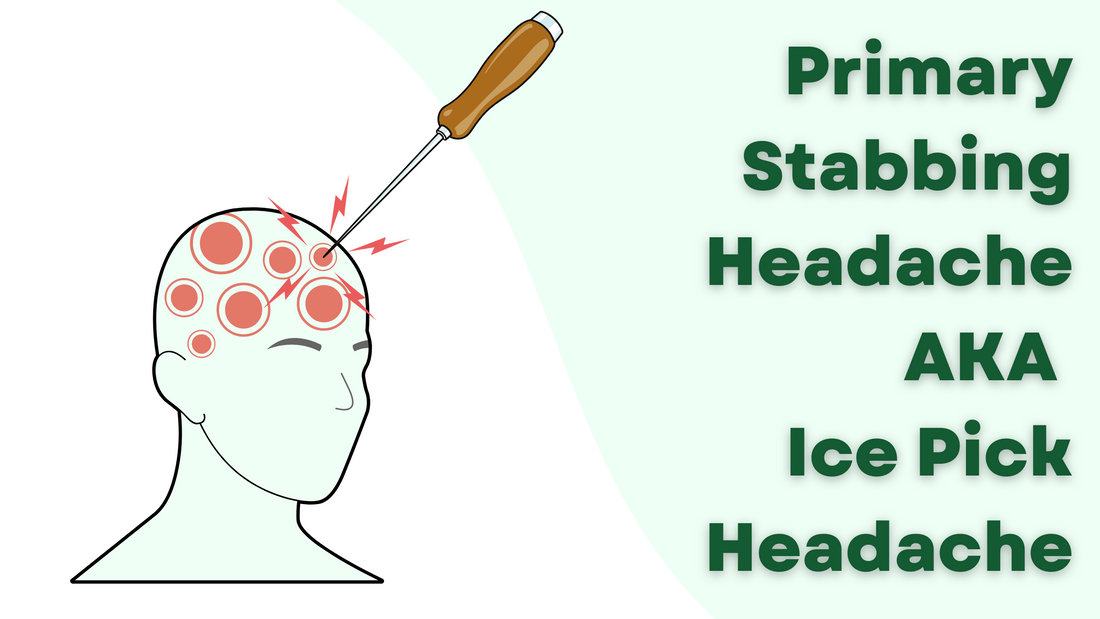
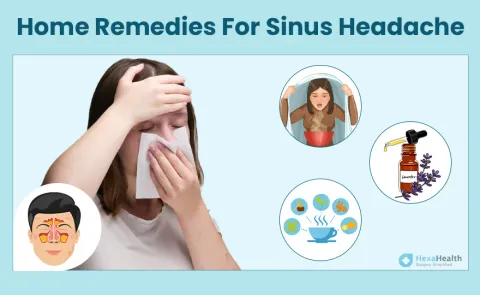
:max_bytes(150000):strip_icc()/Health-dehydration-symptoms-7480908-Horiz-e2500f0828b746ee9d2e2b5257af60cb.jpg)
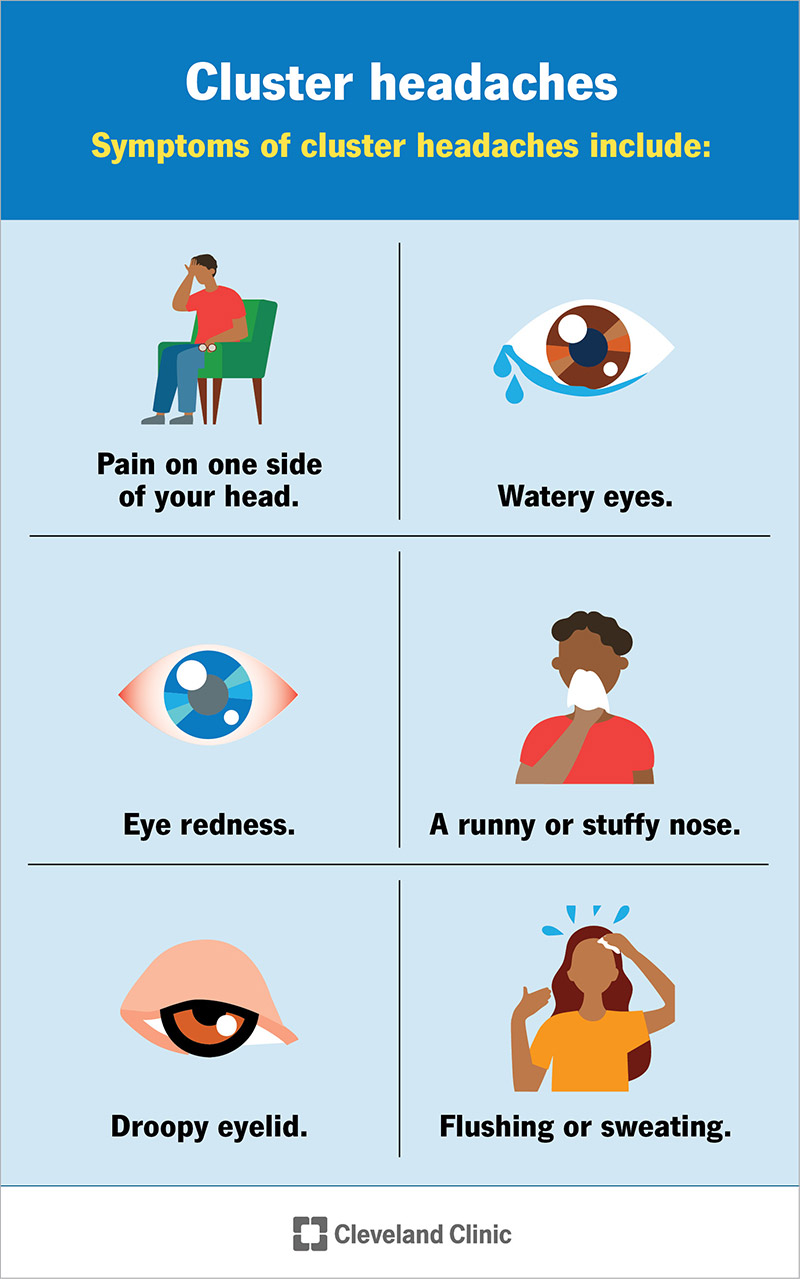
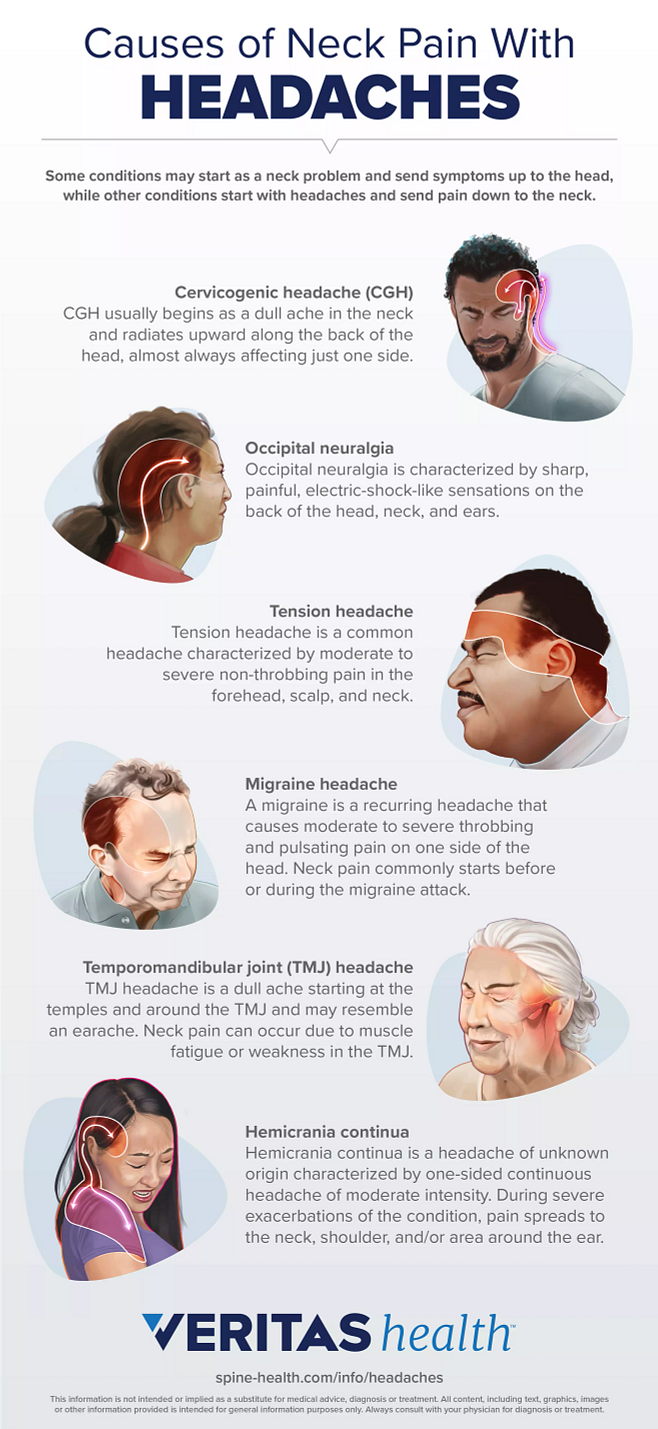
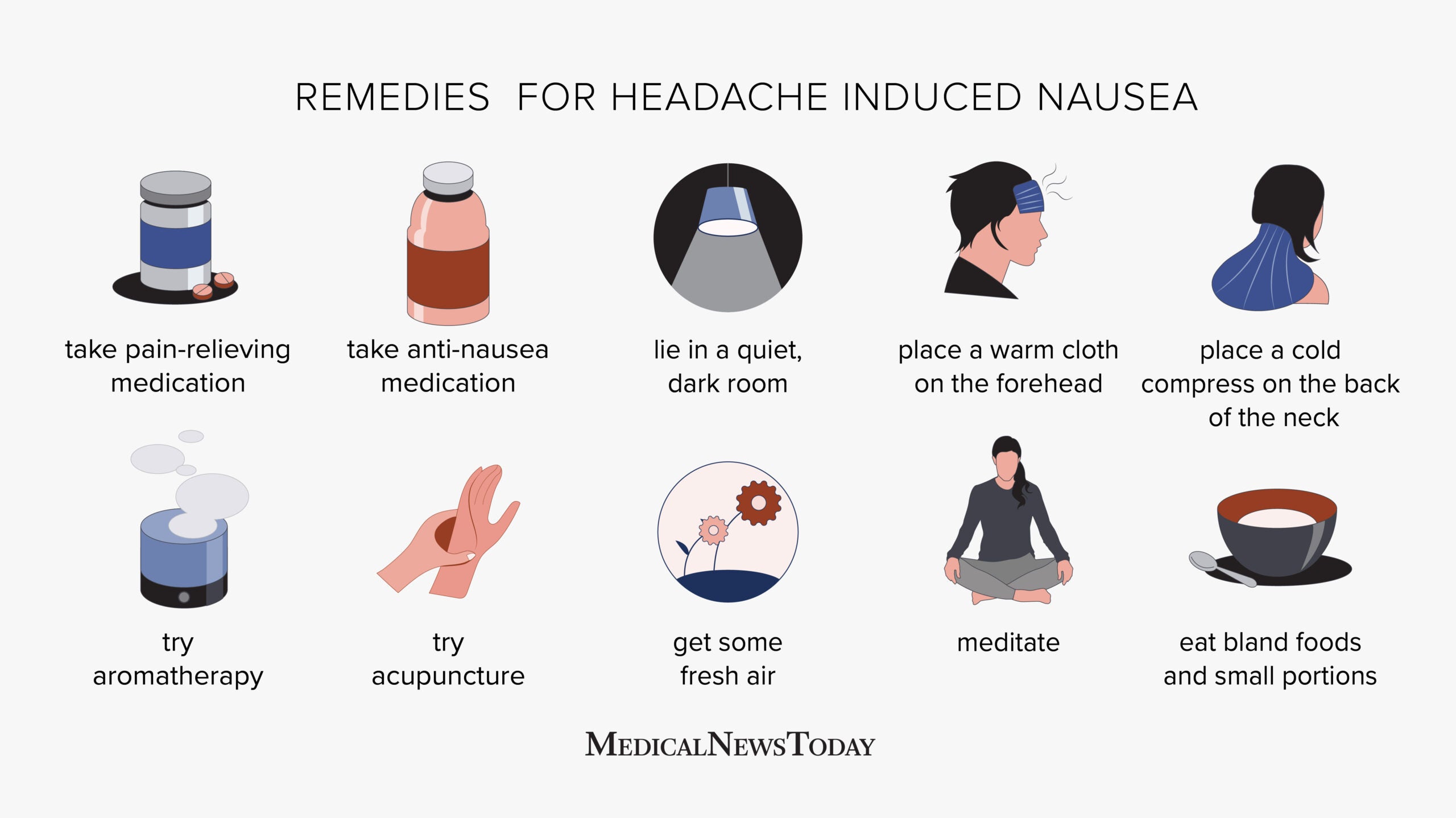
:max_bytes(150000):strip_icc()/headache-on-the-right-side-5216756_final-b9d0145864d74706b0316a2e9b62dd37.jpg)
:max_bytes(150000):strip_icc()/vision-and-headache-3422017_final-f90b31917b244236a7424b143a537fd3.jpg)
:max_bytes(150000):strip_icc()/migraine-relief-pressure-points-5205811-FINAL-cdc9e0d051cb460bac8baa98bc01954f.jpg)